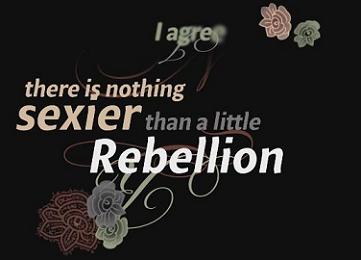1. Jason Paul living off Craigslist
Jason Paul has started living off Craigslist. In his own words:
… Jason Paul, a recent graduate from American University attempted, like many from the 2009 class, to secure a job. After applying for over 180 journalism jobs in over 35 states, Jason decided to pursue a blog/book idea of his own.
Right now, unless he is sleeping, Jason is doing something related to Craigslist.org. For those of you who do not know what Craigslist is, it is basically a classifieds page from the newspaper. The site is in 570 cities in 50 countries and allows users to post ads, with the exception of a few categories, for free.
Essentially, Jason is living off Craigslist.
This means food, housing, jobs, entertainment, friends and anything else you can possibly imagine.
So far he has traveled from Washington, D.C. to San Francisco, found housing, found a job and is beginning to make friends.
